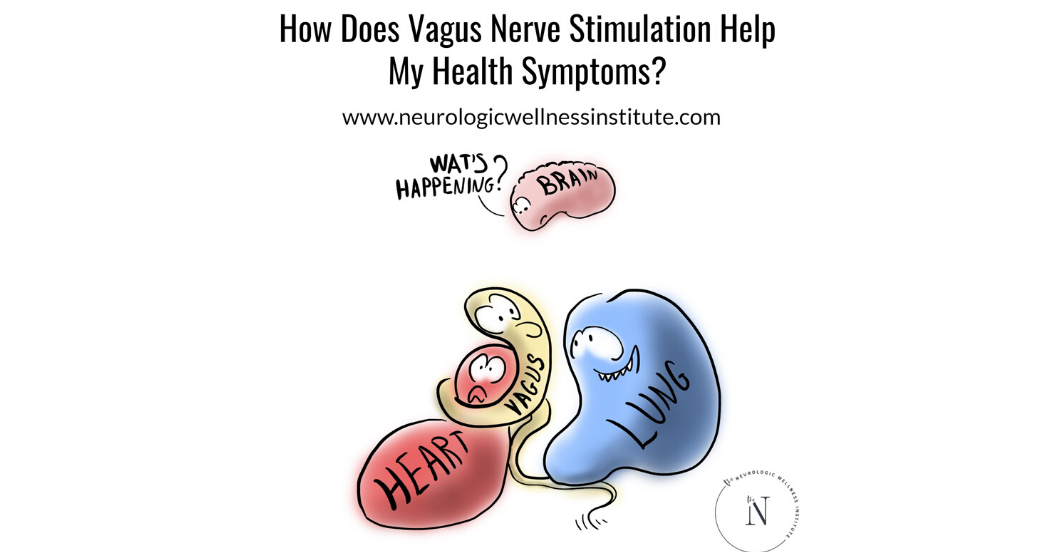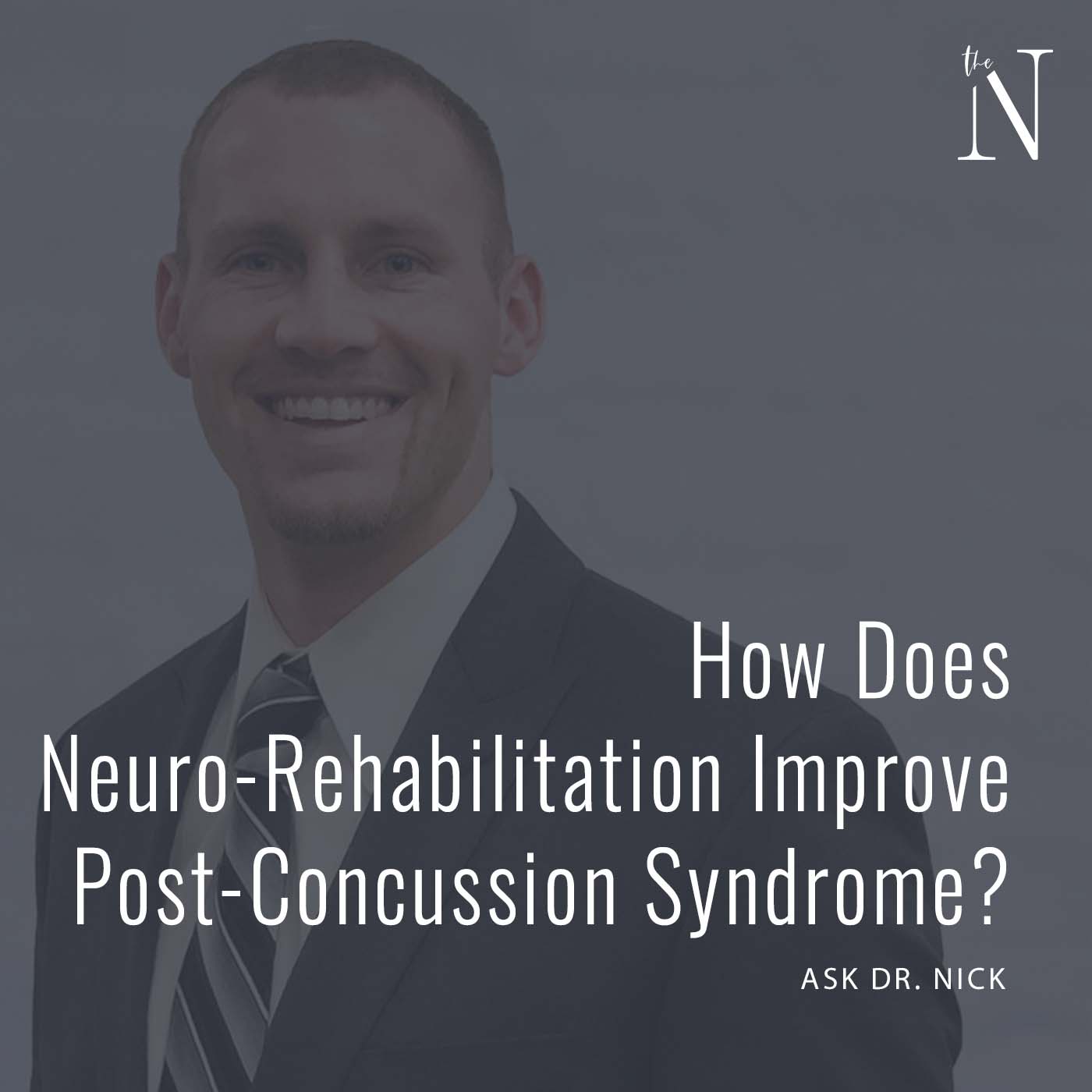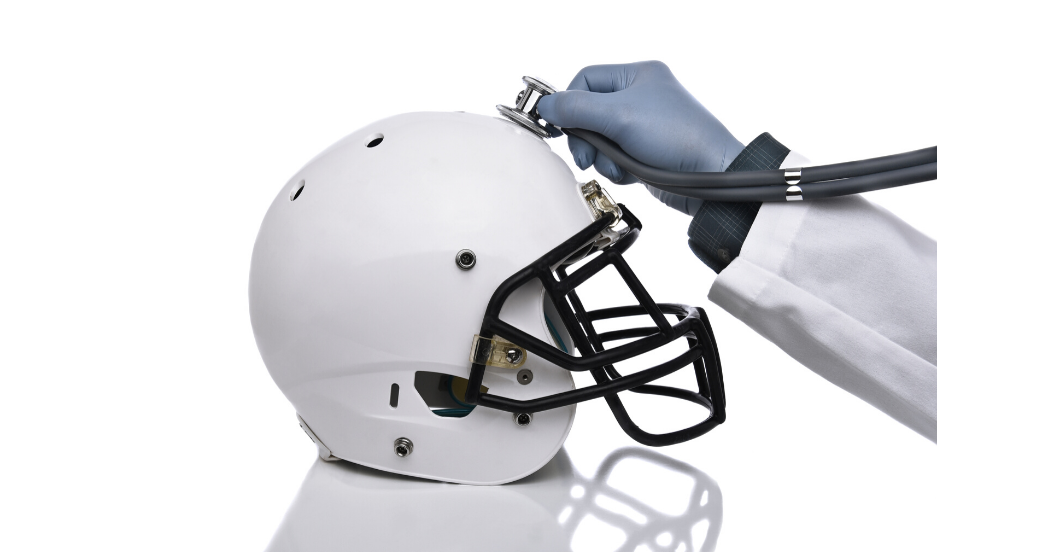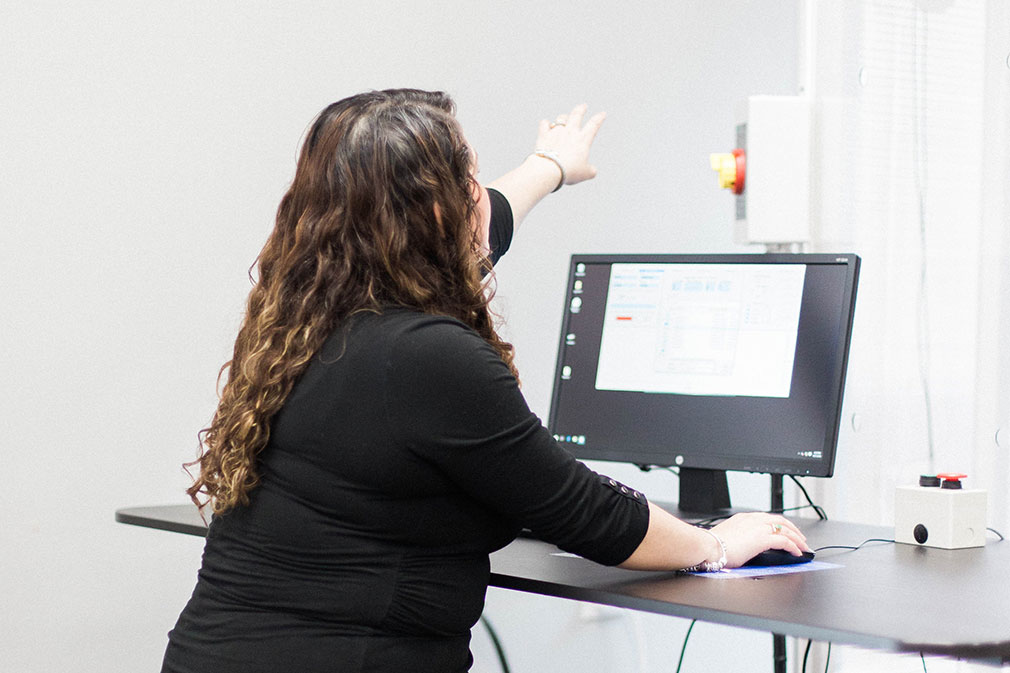 – Exercise can be beneficial for recovering from sport concussion as exercise can amplify cellular healing.
– Exercise can be beneficial for recovering from sport concussion as exercise can amplify cellular healing.
– Exercise can be harmful for recovering from sport concussion if exercise is too intense.
– Understanding the physiology of concussion recovery and why exercise can be both “good” or “bad” may lead to improvements in recovery protocols.
How Does a Concussion Injure the Brain
Forces applied to the head or body can cause shearing and stretching of brain cells, which alter the structure and function of the brain at the site of injury. An imbalance between ions such as potassium, sodium, and calcium occur causing dysfunction within the cell. Energy dysregulation, pro-inflammatory chemicals, structural changes, and blood flow dysregulation are all thought to be factors resulting in impaired brain function after a concussion. Energy dysregulation, pro-inflammatory chemicals, structural changes, and blood flow dysregulation after a concussion have also been shown to have negative genetic influences related to brain learning and brain healing.
How Can Exercise Be Used as a Treatment for Concussion
Exercise has been shown to stabilize the ion imbalance, as seen after a concussion. After an acute bout of aerobic exercise, brain cells will be stimulated at an increased frequency and intensity.
Exercise has also improved energy regulation through its impact on glucose utilization and mitochondrial function.
Exercise has caused structural changes of brain cells resulting in improved structure and function.
In order for the brain to heal and to have neuroplasticity, there must be a matching of blood flow (nutrient delivery) to the brain’s activation. This blood flow regulation has been shown to be consistently altered after a concussion. Exercise is currently being used as the preferred treatment option to improve the blood flow regulation of the brain and body.
Research has identified that performing exercise for 10–15 min at 40–50% of heart rate maximum in untrained individuals, and 15–20 min at 60–70% of heart rate maximum in trained individuals are good estimates for prescribing exercise post-initial assessment. It is worth noting that maximal heart rate was estimated using the following formula: 208 – (0.7 × age).
Though inconclusive, there is evidence to suggest that higher exertion (i.e., moderate and greater) can have a detrimental effect to recovery, and so does long-duration aerobic activity at lower intensity levels (greater than 45 min). This is thought to be due to increased oxidative stress, increased cortisol secretion, and impaired cerebral blood flow regulation, among other cardiovascular factors.
For more information on the type of conditions, our clinicians help with, schedule a consult with one of our patient care coordinators.
Why Exercise may be Beneficial in Concussion Rehabilitation: A Cellular Perspective. Dech, Bishop, Neary. Journal of Science and Medicine in Sport. 2019.




